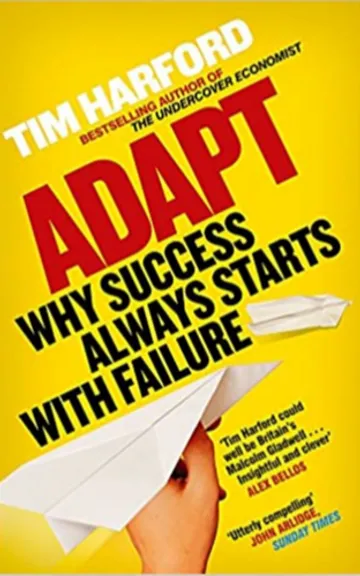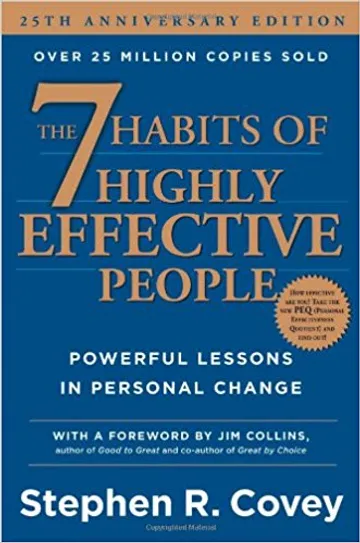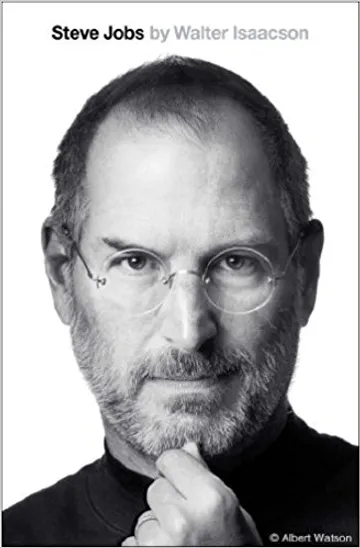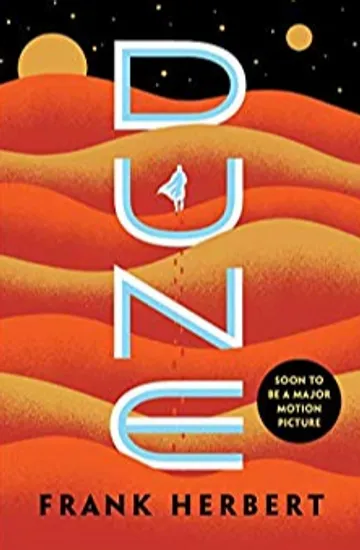Don't see an advisor you admire? Let's add him to the database! - Request

Adapt: Why Success Always Starts with Failure

Tim Harford
March 1, 2012
Categories:Non-Fiction
Add missing Endorsement Rendors (7)
3
Thinkers 50
1
Distinguished University Professor
1
MIT Professor
1
Tim Ferris Show Guest







Subscribe to Blog and Updates:
Popular advisors

Eric Schmidt
Rendors given:
32
.jpg.webp)
Daniel Pink
Rendors given:
133

Walter Isaacson
Rendors given:
88

Tim Cook
Rendors given:
11

Reid Hoffman
Rendors given:
32
Popular books

The 7 Habits of Highly Effective People
Rendors:
34

Steve Jobs
Rendors:
26

Lolita
Rendors:
24

The Adventures of Huckleberry Finn
Rendors:
33

Dune
Rendors:
21
